Search
Did you mean: Ur?
Search Results
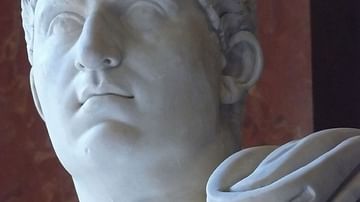
Definition
Otho
Otho was Roman emperor from January to April 69 CE. Immediately after the assassination of Galba, Otho, the governor of Lusitania, was proclaimed emperor by the army. However, the unrest that existed in the short reign of Galba would spell...
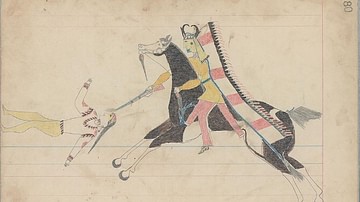
Article
The Medicine Arrows and the Sacred Hat
The Medicine Arrows and the Sacred Hat is a short essay by anthropologist George Bird Grinnell (l. 1849-1938) explaining the origin and significance of the medicine arrows and buffalo hat, central to Cheyenne culture. The essay provides a...

Article
The Batavian Revolt
Batavian revolt was a rebellion of the Batavians against the Romans in 69-70 CE. After initial successes by their commander Julius Civilis, the Batavians were ultimately defeated by the Roman general Quintus Petillius Cerialis. The year...

Definition
Siddhartha Gautama
Siddhartha Gautama (better known as the Buddha, l. c. 563 - c. 483 BCE) was, according to legend, a Hindu prince who renounced his position and wealth to seek enlightenment as a spiritual ascetic, attained his goal and, in preaching his path...
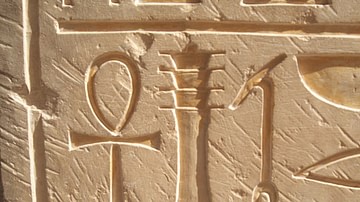
Article
Ancient Egyptian Symbols
Religion in ancient Egypt was fully integrated into the people's daily lives. The gods were present at one's birth, throughout one's life, in the transition from earthly life to the eternal, and continued their care for the soul in the afterlife...
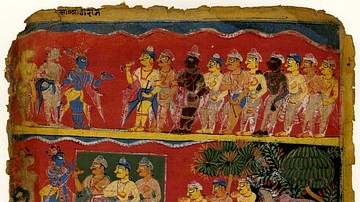
Article
Caste System in Ancient India
Ancient India in the Vedic Period (c. 1500-1000 BCE) did not have social stratification based on socio-economic indicators; rather, citizens were classified according to their Varna or castes. 'Varna' defines the hereditary roots of a newborn...

Article
Jicarilla-Apache Creation Story & Origin of the Animals
The Jicarilla-Apache Creation Story and Origin of the Animals are two origin myths of the Jicarilla-Apache nation of modern-day New Mexico. The Apache people as a whole have many different creation tales, as do the Jicarilla, but all follow...
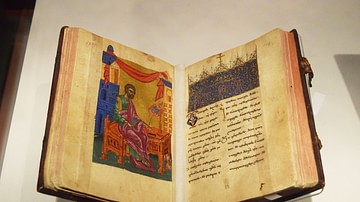
Definition
The Gospels
The New Testament contains four gospels attributed to Matthew, Mark, Luke, and John. The four gospels are not biographies of Jesus, nor are they history as we define it. What each gospel attempted to do was write a theological explanation...

Definition
Buddhism
Buddhism is a non-theistic religion (no belief in a creator god), also considered a philosophy and a moral discipline, originating in the region of modern-day India in the 6th and 5th centuries BCE. It was founded by the sage Siddhartha Gautama...

Definition
Brahma
Brahma is the Hindu creator god. He is also known as the Grandfather and as a later equivalent of Prajapati, the primeval first god. In early Hindu sources such as the Mahabharata, Brahma is supreme in the triad of great Hindu gods which...